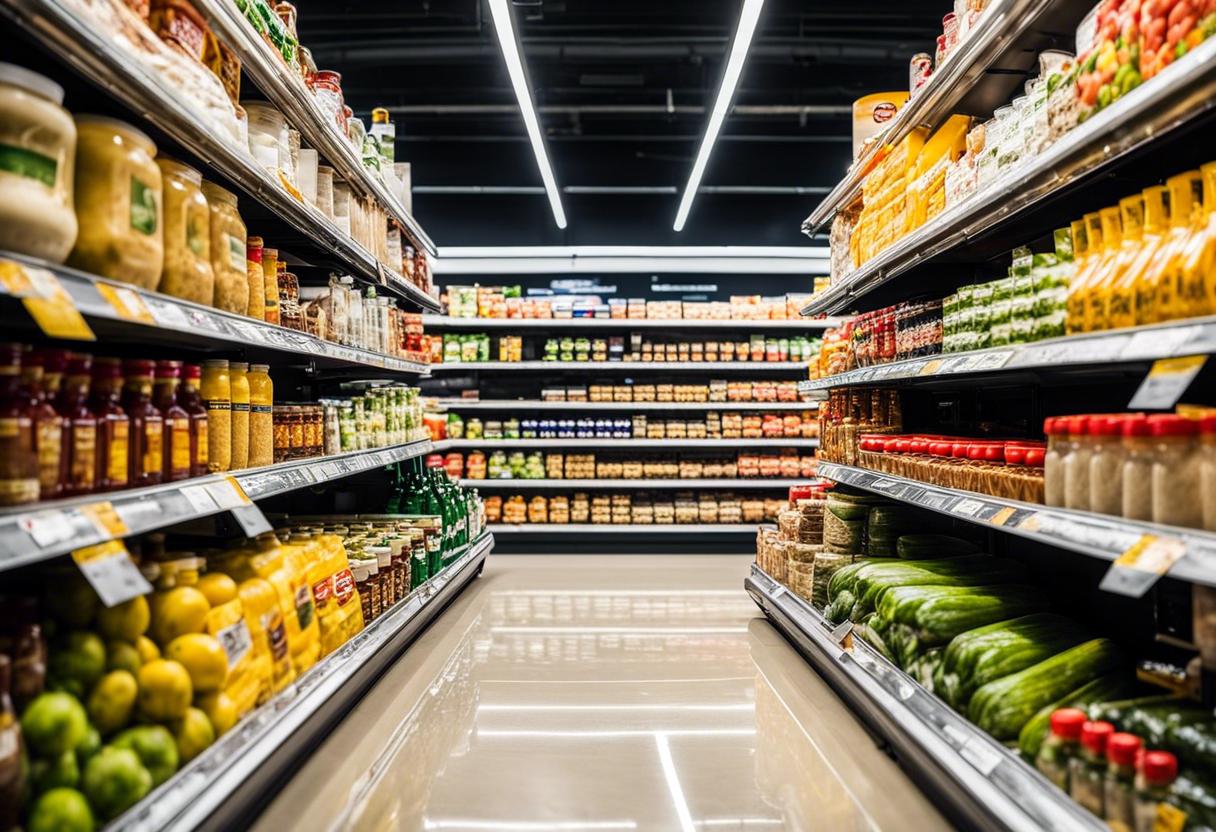Five years after it was withdrawn from the Irish market, an own-brand baby formula has made a surprising comeback, a move welcomed for its potential to bring relief to cash-strapped families. The private label formula, Mamia by Aldi, priced at €8.99 for an 800g tub, offers a saving of up to €7.50 against many well-established brands, making it the only formula of its type currently available in Ireland.
Reasons for the re-launch were offered by a spokesperson for Aldi, who explained that despite a drop in demand in 2019, current economic conditions and extraordinary rise in inflation levels meant many families were finding the high cost of the essential product unmanageable.
Labour senator, Rebecca Moynihan, suggested that Aldi’s ability to sell Mamia at such a significantly lower price highlighted the high profits earned by major multinationals, specifically Nestlé and Danone. “Examples such as Aldi’s pricing make it clear that manufacturers of baby formula are reaping substantial profits on a product necessary for so many,” she pointed out.
Having spoken out frequently about the costliness of baby formula, Ms Moynihan has observed two price reductions by supermarkets since initially raising her concerns. “This proves that they are indeed capable of reacting to achieve better pricing,” she added.
Ms Moynihan also emphasised that discussions regarding formula pricing are often avoided due to the associated stigma, but went on to underline the importance of providing nutritious food to children. While not promoting formula over breastfeeding, she noted with concern that more than half of Irish infants are formula-fed, which can be stigmatising. Further, she criticised restrictions against using store vouchers to purchase formula, comparing this approach to tackling public health threats like alcohol.
According to a price analysis study by the Parliamentary Budget Office requested by Ms Moynihan, inflation for infant formula has reached 30 per cent between January 2020 and December 2023, a figure notably higher than that of grocery items generally.
Earlier this year, she reached out to the CCPC (Competition and Consumer Protection Commission) in response to a UK-based probe by the CMA (Competition and Markets Authority) into supermarket prices. This probe in Britain disclosed that as high as 75% of companies producing branded items, particularly those manufacturing baby formula, had boosted their profitability, leading to an increase in food prices.
Whilst options for more cost-effective goods were usually available for consumers, this wasn’t the case for baby formula, reported by the CMA.
Ms Moynihan appealed to the CCPC to launch an investigation into this industry in Ireland, a country known for exporting mass quantities of baby formula. However, she was informed that there wasn’t any such investigation on the horizon.
It was greatly disappointing to find that the CCPC, presiding over a market with just two major players, did not plan to delve into competition-related issues but would instead ‘oversee’ the developments in the UK. This, she compared to mirroring the actions of the CMA.

